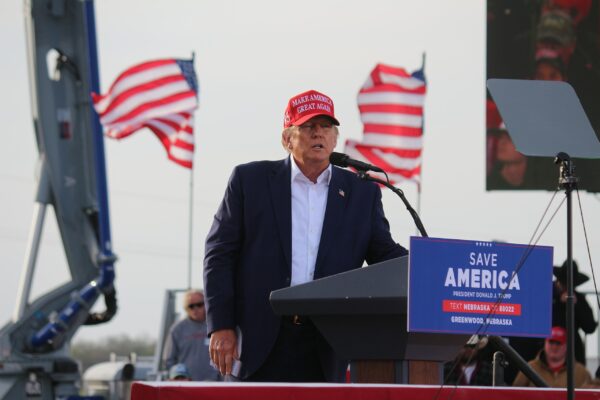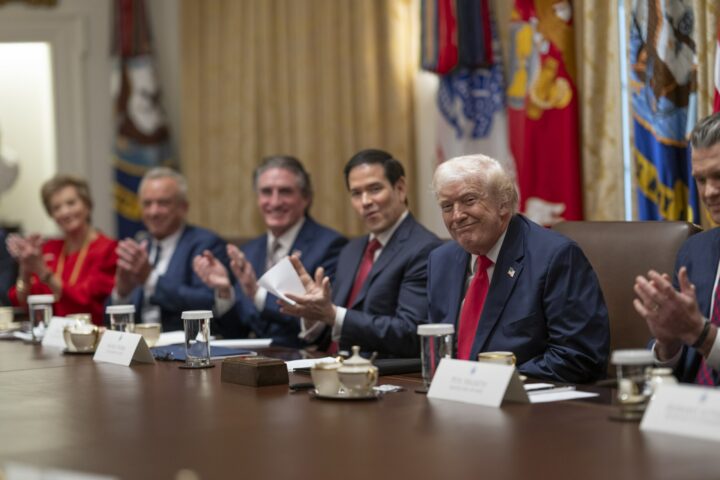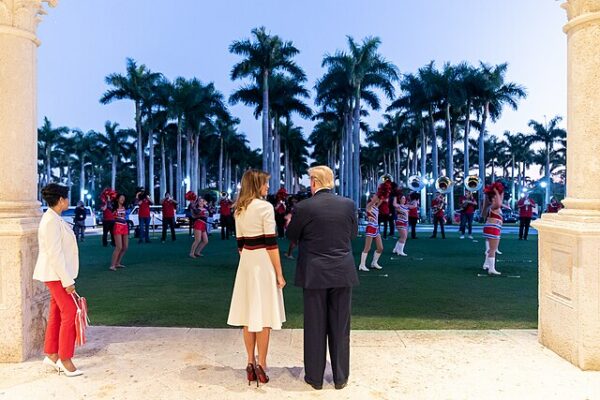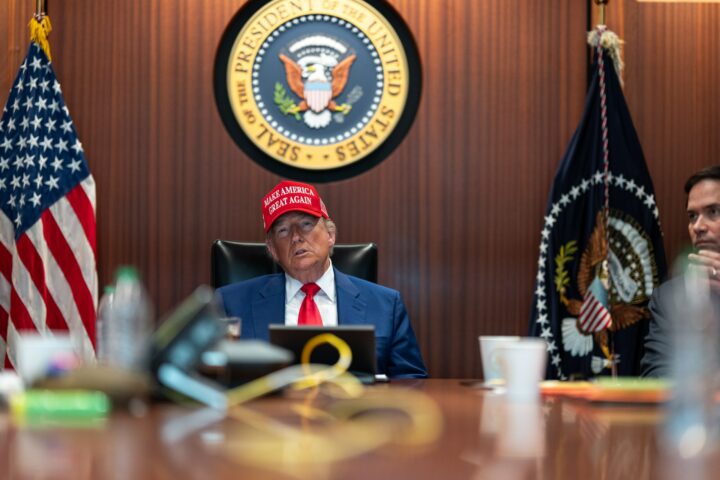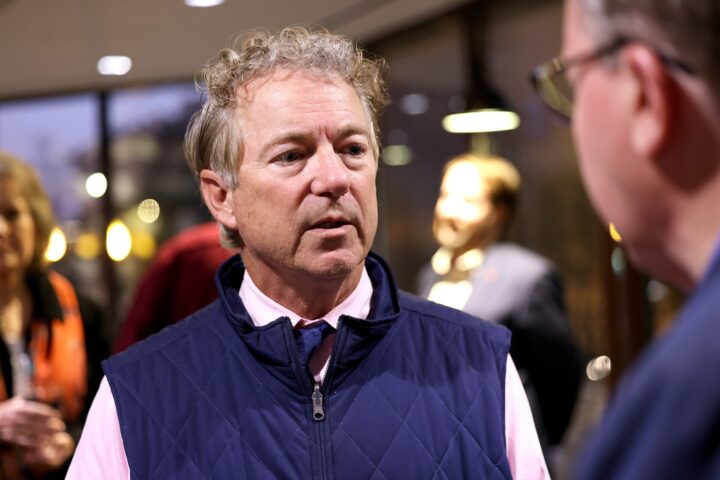As President-elect Donald Trump prepares to assume office, his cabinet choices have revealed a more calculated political strategy this time around. By selecting former adversaries and outspoken critics for key positions, Trump has constructed an administration that not only reinforces his dominance in the party, but also cultivates potential Republican leaders for the future.
In short, he’s leaving a legacy, writes The Washington Examiner.
One of the most striking examples of this approach is Ohio Senator J.D. Vance, now Trump’s vice president-elect. Vance, who once called Trump “America’s Hitler” and a “moral disaster,” has undergone a dramatic transformation in his relationship with the president-elect. During the vice presidential debate, he publicly disavowed his past remarks, a gesture that earned Trump’s admiration. Now seen as a leading contender for the 2028 Republican presidential nomination, Vance exemplifies Trump’s preference for allies who demonstrate loyalty after earlier dissent.
A similar dynamic is evident in the nomination of Senator Marco Rubio as Secretary of State. The Florida senator, who famously sparred with Trump in 2016 with cutting personal attacks, became one of Trump’s best surrogates during the 2024 campaign and nearly became the 47th president’s choice for vice president. Now, he’s poised to take on one of the most prestigious roles in the administration.
“This is Trump’s acknowledgment that there’s a certain piece of politics that’s a game,” Jay Townsend, a political consultant based in New York City, told The Examiner. “What Rubio did to Trump or said about Trump, Trump probably regarded as ‘OK, I was playing with him. He was playing with me. This is something I can forget.’ Furthermore, Rubio is an easy confirmation, meaning he will have less difficulty than Matt Gaetz would have had being confirmed by the Senate.”
This emphasis on redemption and loyalty extends to other high-profile figures as well. Governor Ron DeSantis of Florida, who previously ran a contentious primary campaign against Trump, has since reconciled with him. DeSantis, who once criticized Trump’s leadership as faltering, now stands as a prominent ally. His involvement at the Republican National Convention and the speculation around his potential nomination as Defense Secretary highlight Trump’s transactional style of governance.
He’s also done the same with Democrats. Unconventional figures like Tulsi Gabbard and Robert F. Kennedy Jr., both of whom were once critics of the president, have embraced Trump and added to the future coalition that will exist long after Trump and has the opportunity to dramatically shape Washington for years to come.
Appointments like Vance, Rubio, and biotech entrepreneur Vivek Ramaswamy—who will co-lead the newly established Department of Government Efficiency alongside Elon Musk—reflect a deliberate strategy to shape the party’s trajectory. These selections highlight Trump’s intent to leave a lasting legacy by cultivating a cadre of leaders aligned with his brand of Republicanism, one that seeks a “big tent” and led to the most diverse voting coalition to ever elect a Republican.
[Read More: AOC Makes Her Move]

